Mumbai: A Cohesive Apolitical Hub
- Apr 16, 2017
- 4 min read
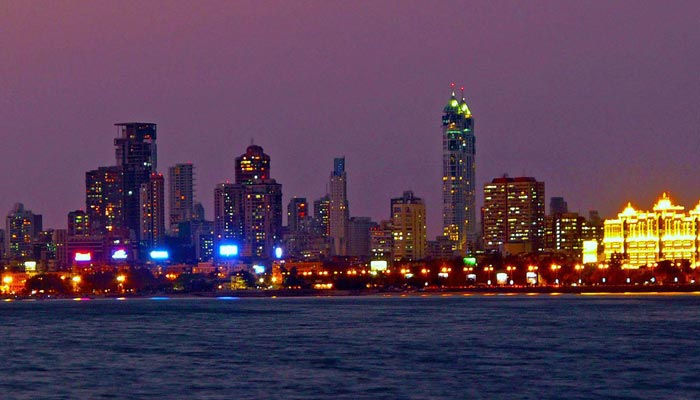
Mumbai is still this dream land, as reiterated by Bollywood time in and out, where cosmopolitanism has led to a peaceful coexistence. It is apolitical in the sense that the partisan politics has not yet been able to penetrate the thick fabric of multiculturalism that forms the visage of this city though after innumerable attempts. I intend to explore this notion through this essay.

This city holds a wide heritage. From once being ruled by the Portuguese, and later being given to the British as a dowry to Charles II in marriage to Catherine de Braganza; which was further handed over to the English East India Company. In the formative years, it only owned the Island of Bombay but later annexed the other six islands thus laying the foundations of the prestigious Bombay presidency during the Raj. The actual history even precedes this time frame but for the efficiency of the article, I have limited it.

It all began as a Whiteman’s paradise within the realm of a fort. They invited the Parsis, the Banias, and the other trading communities to do business here. The added advantage of being a natural port extended the commercial viability. When, after the 1857 war, power was segregated in the hands of Queen Victoria; the city became the hub of vigorous politics and played a prominent part in the Indian freedom struggle. However, this phase started deteriorating when Bombay became culturally relevant as the capital of Hindi film industry.

Entertainment is indubitably one of those platforms which unite people. Masses flock into the busy metropolis to seek jobs in films as actors, musicians, writers or as directors. Many achieve success and many crumble but the point being that they are welcomed wholeheartedly as film-making has become a part of the daily experiences of the commoners. Drama is another prominent field working its way through the city. The Marathi and the Gujarati theaters do manage to strike a chord with a vast audience with its rib-tickling colloquial humor also, with thought provoking and critical concepts. The English theater, on the other hand with a cult status and many often reflecting a sense of elitism, also plays a vibrant part in offering social and political critiques. Nowadays, even standup comedy is coming into limelight mostly in English with its huge dose of liberality and the Hindi one has held on from the 70s and the 80s with its share of mimicry.
The major crux here is that these three domains portray a challenge to the political threshold vehemently. The public outcries that follow when parties slam films or actors and the recent controversy surrounding the indecency accusation regarding the standup group ‘A.I.B’ and their subsequent rise to popularity, exemplifies my claim.
Must Read
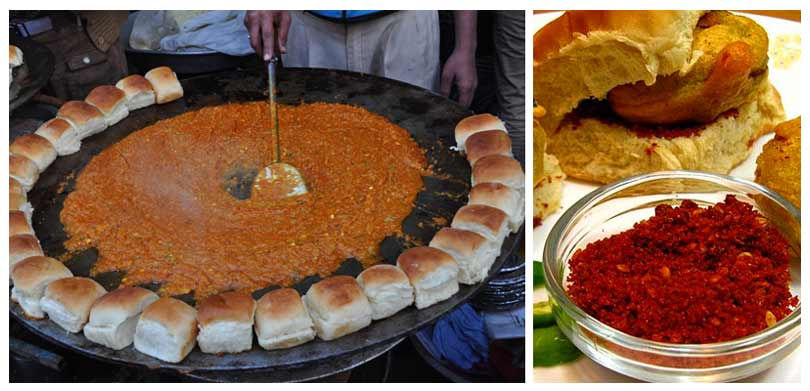
Another fascinating thing about Bombay is its cuisine. It tends to possess dishes from the north to the south and from the east to the west. It ranges from ‘vada pavs’ to ‘pav bhajis’ to ‘dosas’ to ‘dhokals’ to ‘sandwiches’ to ‘Irani chais’ and ‘bun maska’ to the delectable ‘mughalai food’ with its fair share of ‘kebabs’. It is indeed migration that has brought in so much of variety on the plate. I do not deny that politics enter this domain of eating and it does precisely, for instance, when a political party sponsors food carts to individuals belonging to below poverty lines and when the state bans a certain meat produce. The first is wonderful as it is generating income for a few and the second may not be as it leads to a level of controversies surrounding communalism generating a lot of scrutinies. However, these do not matter for an average Mumbaikar as she still has many choices to eat while on the go for work whether she is rich or poor. It is indeed a problem but also a solution and food ghettoization is the result.
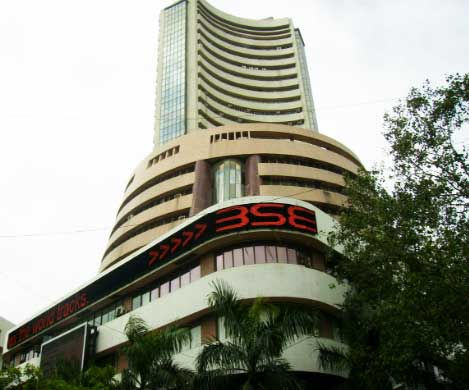
A major reason why Mumbai is apolitical is from commerce. It is the commercial capital of the nation housing many industries and corporates. The spree had begun a long way back with the presence of textile mills. Millions migrated to the city seeking job opportunities. But, this popularity soon stunted after the infamous 1982 workers’ strike under the leadership of the union leader Dutta Samant. The issue of migration as a political agenda soon spewed many attacks against south Indians in order to reestablish a Marathi identity as it was believed that the former was taking away most of the work of the locals. However, these scenarios were soon to change post-globalization.

In 1991, Dr. Manmohan Singh announced the opening of gates to the global markets and set up a new course for the political and the economic discourses. With this, there arrived many MNCs to India and set its base in Mumbai and many of our own managed to rise to that status. This certainly increased the migration as the place was laid with many jobs but the political parties were now reticent with their agendas since the city had become the financial center. This, I believe, is the prominent cause of it being apolitical.
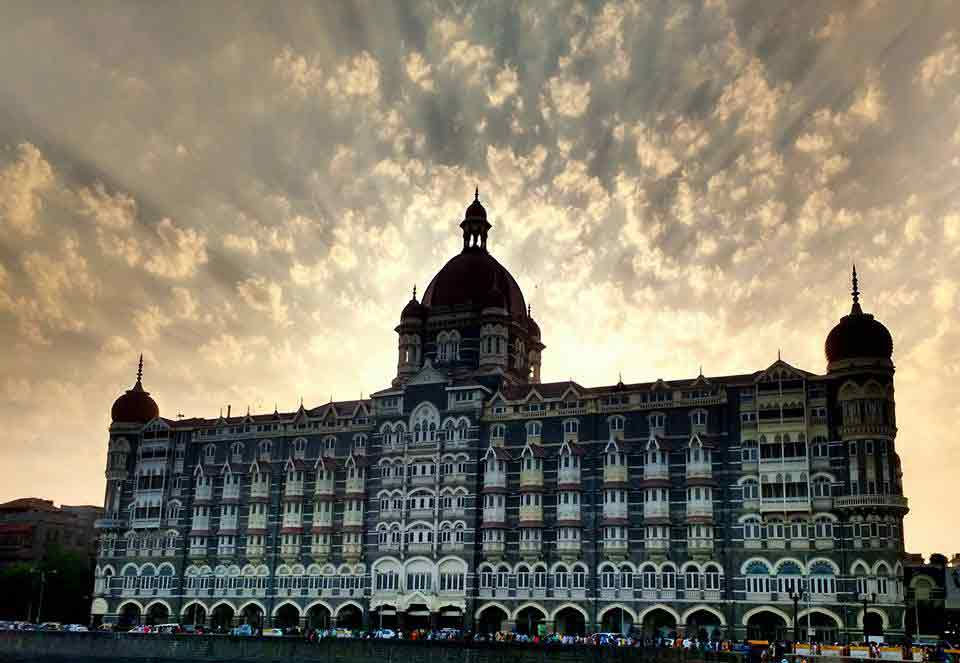
Mumbai did face a lot of political and religious violence once in 1993 and the next in 2006 train blasts. It also was a host to the vicious 26/11 terror attacks. However, we have managed to rejuvenate within the span of a few days and it’s always alluded to a certain spirit of the city but I presume this to be capitalism. The city never sleeps as it works. However, it does lead to class exploitation but we have managed somehow to stay cohesive as every individual has a niche here.

To conclude, I have tried to portray why remaining apolitical has helped us to stay together and be strongly multicultural through arguments from entertainment, food, and commerce. Here, my emphasis is not on lack of political emotions but on the resistance of the vigorous political attribution. Moreover, it is to be noted that this article is heavily opinionated and must be viewed critically like any other literary work.


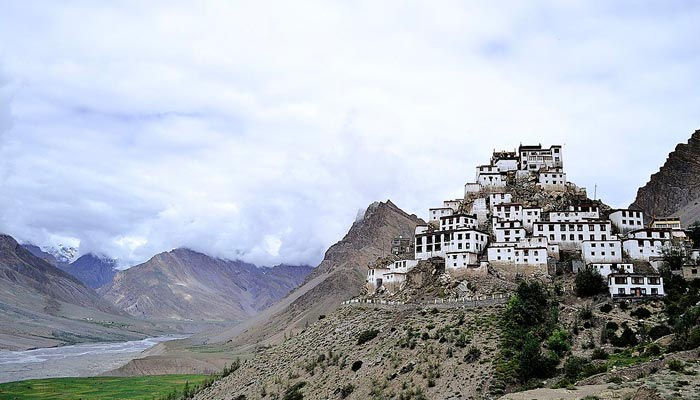


Comments